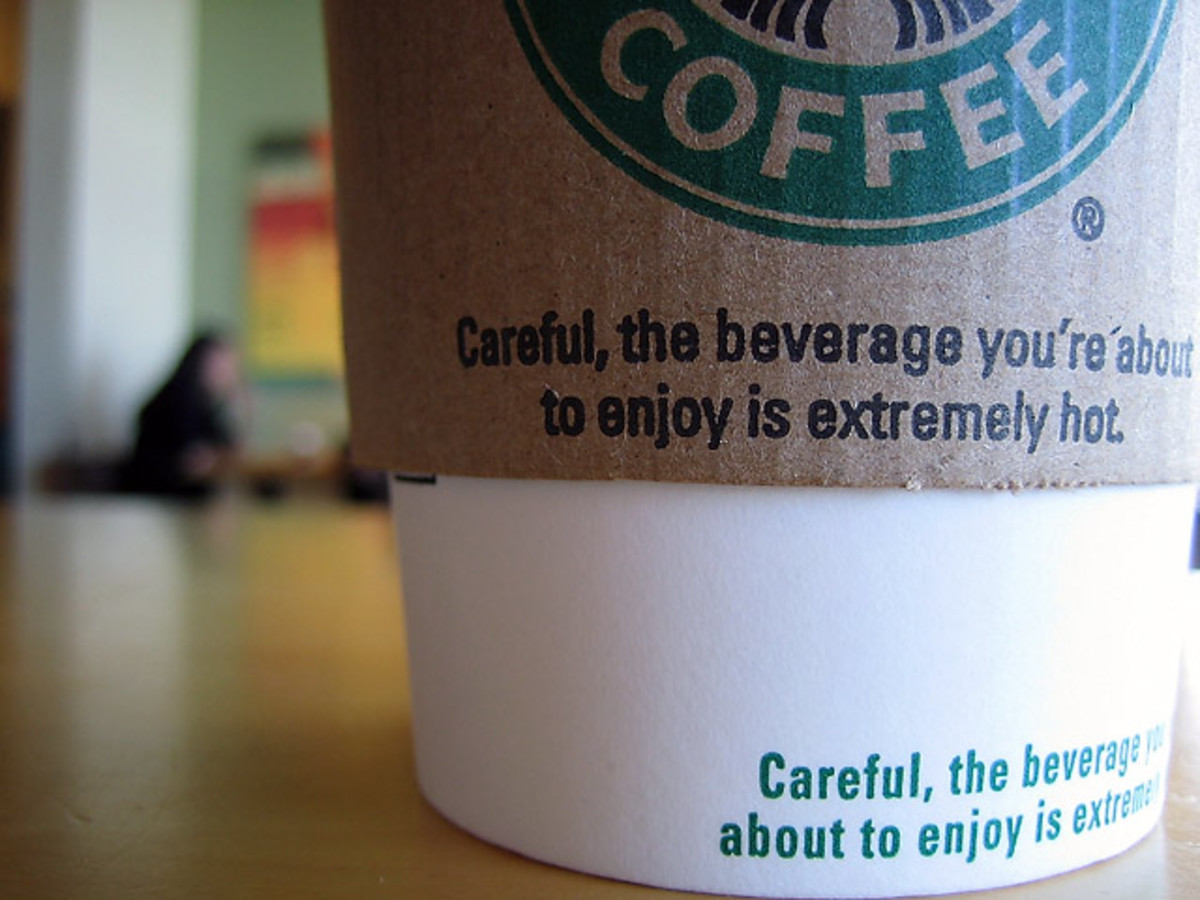How drinking coffee reduces your chance of disease.

After getting my kids up from bed and downstairs for breakfast, the first thing I do is make a coffee, the same as most people (including the ones reading this!). It gives you that caffeine boost to wake you up and now studies show that it can also help in keeping you healthy! I usually have my one mug of coffee and leave it alone for the rest of the day even if I want another one because I thought that it would be bad to drink so much. Imagine how delighted I was to know that the second cup wouldn't be bad for me, it would actually help me fight off diseases!
Type 2 diabetes
A couple of months ago, a report by the Institute for Scientific Information on Coffee (ISIC) said that research discovered that drinking coffee daily may help to prevent type 2 diabetes. The evidence shows a link between drinking 3 to 4 cups of coffee a day can reduce your risk of diabetes by 25 percent. Another study found a 7 to 8 percent decrease in the risk of developing the diabetes for each additional cup that a person drank.
The report listed clinical trials where people were split into three groups; two groups were given different chemicals that were found in coffee and the third group was given a placebo. The researchers found that the glucose and insulin responses in two groups that consumed the chemicals were significantly lower than those in the placebo group.
Heart failure
Research from Beth Israel shows that moderate coffee consumption can lower your risk of heart failure by 11 percent. The research was conducted with data from five previous studies and they concluded that the protective benefits of coffee max out at two cups a day…that’s 2 8oz US servings or 4 European cups of coffee a day.
The research went on to indicate that the protection from hearth failure slowly decreases the more coffee you drink until you get to 5 cups, where there will be no benefit. Anything more then 5 cups a day may be more harmful.
Alzheimer's Disease
Another study showed that, people ages 65 and older, who had higher blood levels of caffeine developed Alzheimer's Disease about two to four years after their peers that had lower caffeine blood levels.
The study included 124 people between the ages of 65 to 88 who all had mild memory loss. The blood levels of caffeine were 50% lower in those that developed the disease during their follow-up as compared to those that had higher caffeine who did not worsen. The individuals who developed the disease all had blood caffeine levels below 1200 ng/ml. The researchers suggest to aim for about three 8 oz cups of coffee a day in the morning before breakfast.
Scientists were able to determine why caffeine is able to block the disease. The caffeine was suppressing the rise of amyloid plaques in the brain as well discovering caffeine’s ability to block inflammation in the brain.

Gallstones
Drinking caffeinated coffee (decaf doesn’t work) was shown in a study to lower the risk of gallstones. The study found that men who drank two to three cups of coffee a day had a 40 percent lower risk of developing gallstones. The men that drank 4 or more lowered their chances by 45 percent.
Coffee stimulates the gallbladder making it contract and lowers the cholesterol in the bile, which are what causes gallstones to form. This particular study only followed men (over 46 thousand of them over the course of ten years) but researchers say that there’s no reason that the results can’t be applied to women as well.
Parkinson's disease
Another study conducted (there’s been a lot of studies that have revolved around coffee) showed that drinking around two to three cups a day could cut the risk by 25 percent. However, when they broke down the results by gender, the number lowered to a 14 percent reduction in women.
If you already have the disease yet another study shows that coffee can help tame the tremors caused by the disease. It was a rather small study where scientists gave 61 patients caffeine pills, which is the equivalent to two to four cups of coffee, or a placebo pill. They revisited these patients six weeks later and found that the ones taking the caffeine pills averaged a five point improvement in symptom severity ratings. They also averaged a three point improvement in speed of movement and stiffness as compared to the placebo group.
Liver disease/Hepatitis
Even one cup of coffee a day could protect you from alcoholic cirrhosis by 20%. If you drink two or three cups a day, you would be 40% less likely to develop cirrhosis and those that drink four or more cups are 80% less likely to have the disease.
It should be noted that the researchers in this study did not find a similar protection of the liver between coffee and non-alcoholic cirrhosis.
It won’t help with the condition, but drinking three or more cups a day reduced the side-effects of Hepatitis C treatment as compared to the non-coffee drinkers. The study suggested that those with Hepatitis C that drink three or more cups of coffee a day increased the likelihood of treatment success by 80%.
Cancers
There have been several coffee studies relating to cancer. According to these studies, more than four cups a day decreases oral and head cancers by 39% and at least five cups a day prevents certain brain cancers by 40%. Women who drink two cups a day have less chance of uterine cancer and men who have six cups a day reduce prostate cancer risk by 60%. Colon cancer risk can be reduced by 25% with at least two cups of coffee a day.
For oral cancers, the study found that the risk for developing this type of cancer went down with each cup consumed, with the lowest risk reached when between four to six cups a day were consumed. Researchers found only a small benefit with decaf coffee and there was no advantage to preventing the disease found among tea drinkers.
Death
How’s this one for a great reason to drink coffee? Older adults that drank any kind of coffee (decaf or not) had a lower risk of death from the cases above, injuries and accidents, respiratory disease and infections.
The more coffee consumed the reduction in risk of death improved. Compared to others that did not drink coffee, individuals that consumed three or more cups of coffee a day had about a 10 percent lower risk of death. It’s not a huge reduction, but it’s better than nothing.
The researchers also added that the report of how much coffee was consumed was done by self-report at one time point only and therefore does not reflect long-terms patterns of intake. There was also no information on how the coffee was prepared (filtered, boiled, etc…) and it may be possible that the way it was prepared could affect the levels of the compounds that protect us in the coffee. Given that there are over 1000 different components in coffee, scientists don’t know yet which ones affect our health in such a way as to reduce our chances of dying.
None of this is meant to make you jump up and start drinking 6 cups of coffee a day (unless you already do that!), but it does mean that whatever you’re drinking now is actually helping you keep yourself healthy. Of course, like everything else, there are negative effects to drinking coffee, which will be covered later on. I’m sure that another study will be released in the near future with another benefit for coffee, and I’m also sure that another study will be released mentioning negative effects for coffee. There’s never a shortage of studies for coffee, but because of the studies already completed, I do know that I won’t be keeping myself from drinking that second mug of coffee when I want to!







